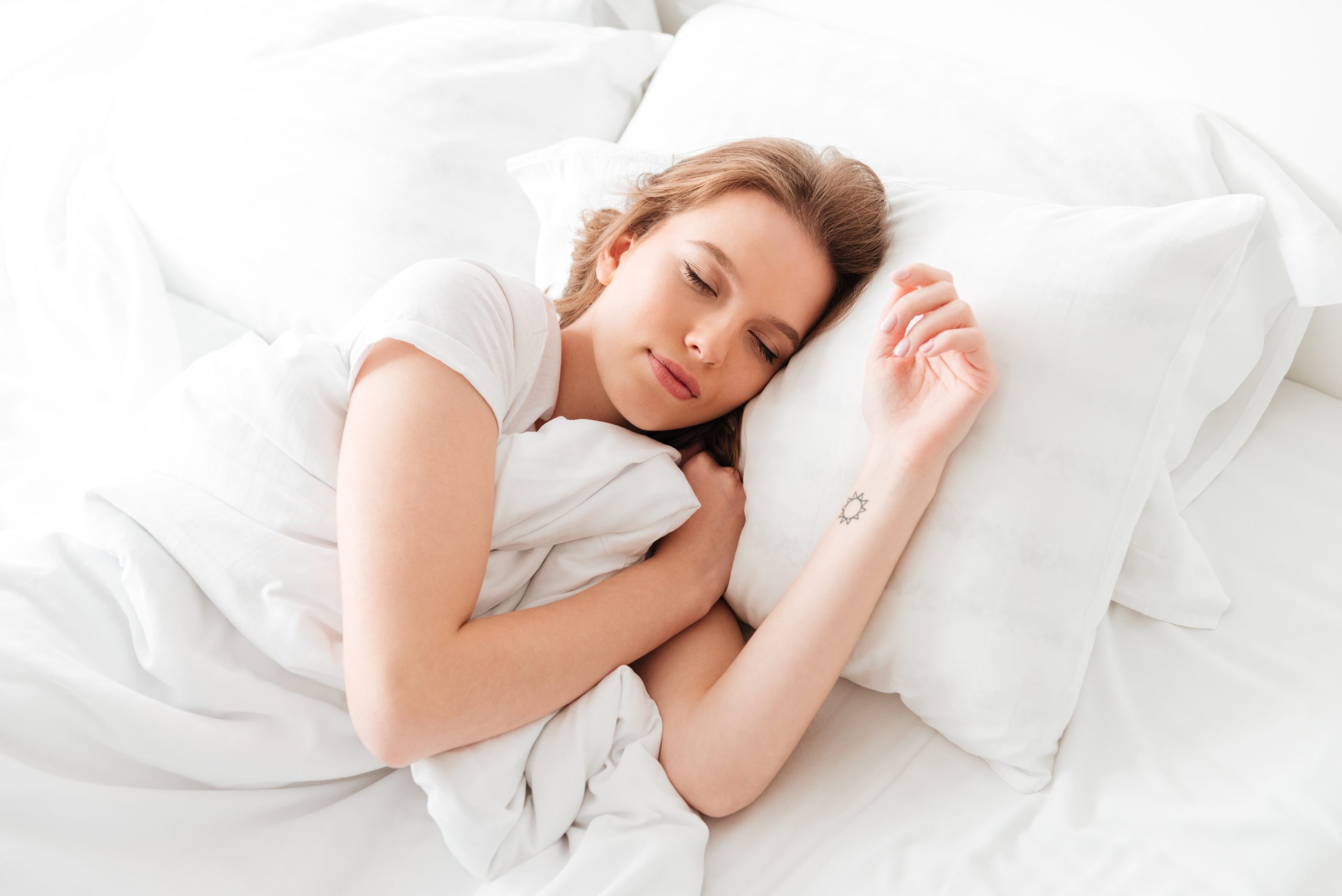In the hustle and bustle of modern life, the quest for a night of restful sleep has become more challenging yet remains an essential aspect of our health and wellbeing. Understanding and implementing good sleep hygiene practices can significantly improve the quality of our sleep, contributing to enhanced physical, emotional, and cognitive health. This comprehensive guide delves into the core principles of sleep hygiene and offers practical tips to help you cultivate better sleep habits.
Understanding Sleep Hygiene
Sleep hygiene refers to the practices and habits that are conducive to sleeping well on a regular basis. It is a cornerstone of sleep health, as good sleep hygiene can prevent the development of sleep disorders and improve the quality of sleep. Conversely, poor sleep habits can lead to difficulty falling asleep, nighttime awakenings, and daytime tiredness.
Why is Good Sleep Hygiene Crucial?
Adequate and quality sleep is pivotal for our physical health, aiding in the repair and rejuvenation of our bodies. It also plays a critical role in cognitive functions, enhancing concentration, memory retention, and decision-making abilities. Emotionally, good sleep can stabilize our mood and reduce the risk of mental health disorders. Furthermore, it supports metabolic health and immune function, protecting against various chronic conditions.
Key Sleep Hygiene Practices
To embark on the journey towards better sleep, consider the following scientifically-backed tips:
1. Maintain a Consistent Sleep Schedule: Align your body’s internal clock by going to bed and waking up at the same time daily, even on weekends. This regularity can significantly improve your sleep quality.
2. Create a Conducive Sleep Environment: Ensure your bedroom is quiet, dark, and comfortably cool. Consider using earplugs, blackout curtains, or white noise machines if necessary.
3. Limit Exposure to Screens: The blue light emitted by phones, tablets, and computers can interfere with your ability to fall asleep. Aim to disconnect from these devices at least an hour before bedtime.
4. Mind Your Intake: Avoid large meals, caffeine, and alcohol before bedtime, as they can disrupt your sleep. Instead, opt for a light snack if you’re slightly hungry.
5. Establish a Pre-Sleep Routine: Engage in relaxing activities, such as reading, taking a warm bath, or practicing relaxation exercises, to signal to your body that it’s time to wind down.
6. Stay Active: Regular physical activity during the day can promote better sleep at night. However, avoid vigorous exercise close to bedtime.
7. Manage Stress: Adopt stress-reduction techniques like mindfulness, meditation, or deep breathing to help calm your mind and enhance your sleep quality.
Embrace a Holistic Approach
Integrating these sleep hygiene practices into your daily routine can pave the way for a more restful and rejuvenating sleep experience. However, individual needs may vary, and what works for one person might not work for another. Experiment with these strategies to find the perfect blend that suits your lifestyle and preferences.
Should you find persistent sleep challenges affecting your daily life, it may be time to consult with a healthcare professional. Our team at Cavenagh Medical Clinic and Home Care is dedicated to assisting you in achieving optimal sleep health. We encourage you to schedule a consultation with one of our experts to explore personalized solutions tailored to your unique needs.
Remember, a night of good sleep is not just a luxury—it’s a critical component of your overall health and wellbeing. Start tonight, and awaken to the benefits of improved sleep hygiene.



